Wincanton research: UK firms not making enough headway on reducing emissions in supply chain operations
New research from Wincanton reveals that 66% of UK organisations are under pressure to hit their net-zero targets, with logistics seen as key to achieving their goals in this area, according to 83%.
Wincanton surveyed 515 UK supply chain, transport and logistics decision makers to uncover how organisations are reducing CO2 emissions in commercial transportation, in light of impending net-zero deadlines.
Businesses aren’t making the progress they want, as 54% feel they will struggle to meet their net-zero goals. And they cite the reasons for this as cost impacts and concerns about the speed of viability of alternative fuel technologies.
Four in five believe that reducing CO2 emissions in their logistics fleet means an increase in costs. As a result of these perceived cost pressures, two thirds have had to deprioritise hitting these targets.
However, 37% of respondents have seen cost reductions from tackling their CO2 emissions.
Only 25% believe alternative fuel vehicles will be affordable in four to six years.
Against this backdrop, 59% want to reduce the environmental impact of their logistics fleet but simply don’t know how, and 42% of organisations admit they do not know how to further optimise their fleet.
As a result, 55% state that they are not currently reducing emissions in their logistics fleet. Given the struggles, 84% of respondents expect government to play more of a role to support CO2 reduction.
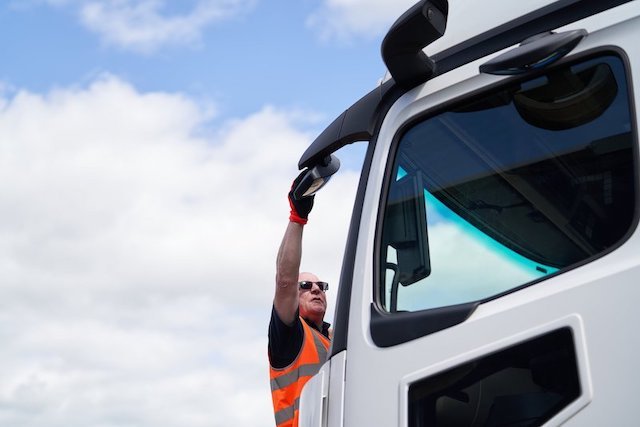
Paul Durkin, Chief Customer and Innovation Officer at Wincanton, says: “Sustainability remains a high priority for UK businesses. But it’s clear they aren’t making enough headway when it comes to reducing emissions in their supply chain operations.”
“This is the result of the lack of viability and affordability of alternative fuel vehicles and ongoing cost pressures during a challenging economic period. We can see that a gap is emerging between their priorities and the action needed to reach net-zero.”
The survey found that better collaboration can help improve sustainable performance. 65% of survey respondents agree collaboration is key to the future success of the logistics industry.
However, collaboration needs to be made easier for all involved, as businesses report they’re nervous about a difficulty finding partners to collaborate with (28%) and the lack of internal resources to manage collaboration projects (26%).
Helen Flanagan, EyeQ Product Director at Wincanton, says: “More efficient use of existing capacity is key. Last year the Government reported that almost a third of the total vehicle kilometres travelled by HGVs in the UK were empty.”
“Put simply, too much fresh air is being moved around the UK, contributing to high emissions and high costs for businesses. Through technology, UK businesses can collaborate and optimise their fleets to minimise wasted capacity and shift the dial on sustainable logistics.”
2024 RTIH INNOVATION AWARDS
Supply chain technology is a key focus area for the sixth edition of the RTIH Innovation Awards, which is now open for entries.
The awards, sponsored by CADS, 3D Cloud, Retail Technology Show 2025, and Business France, celebrate global tech innovation in a fast moving omnichannel world.
It’s free to enter and you can do so across multiple categories.
Key 2024 dates
Friday, 25th October: Award entry deadline
Tuesday, 29th October: 2024 shortlist revealed
30th October-6th November: Judging days
Thursday, 21st November: Winners announced at the 2024 RTIH Innovation Awards ceremony, to be held at RIBA’s 66 Portland Place HQ in Central London.

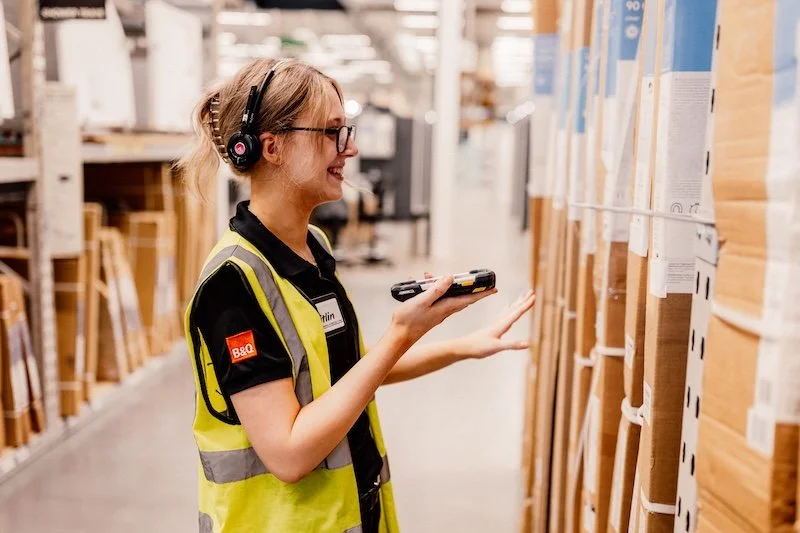
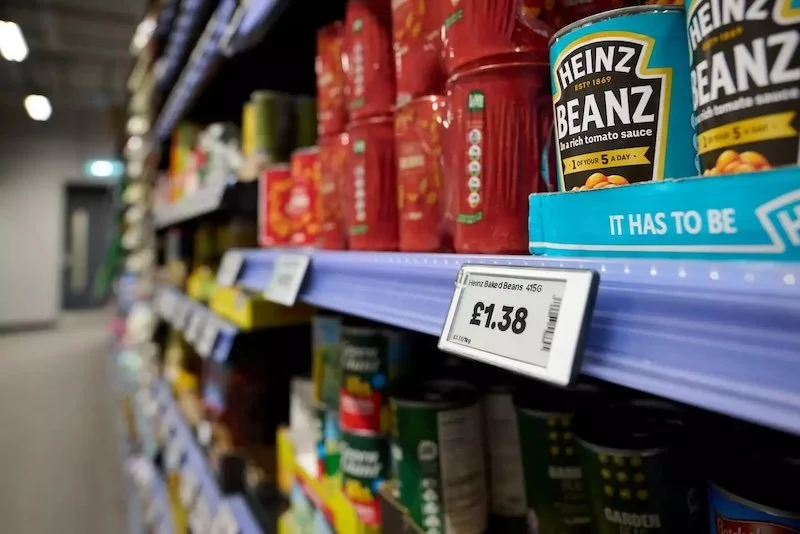


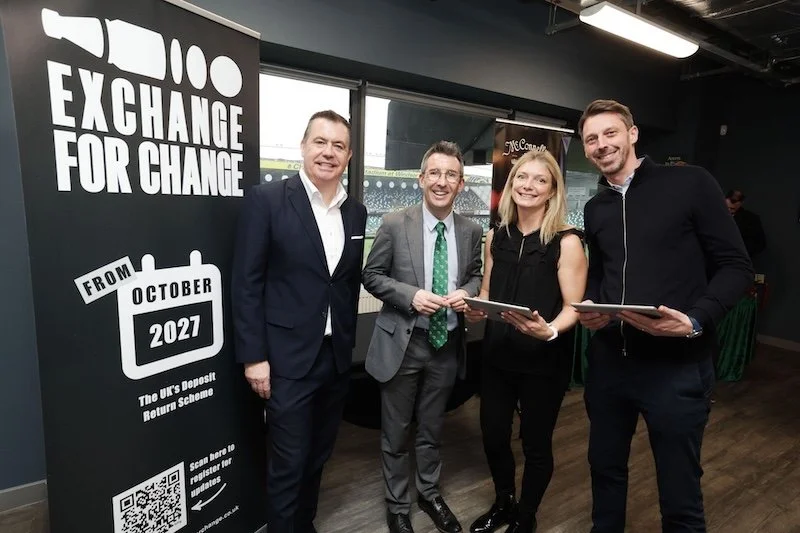
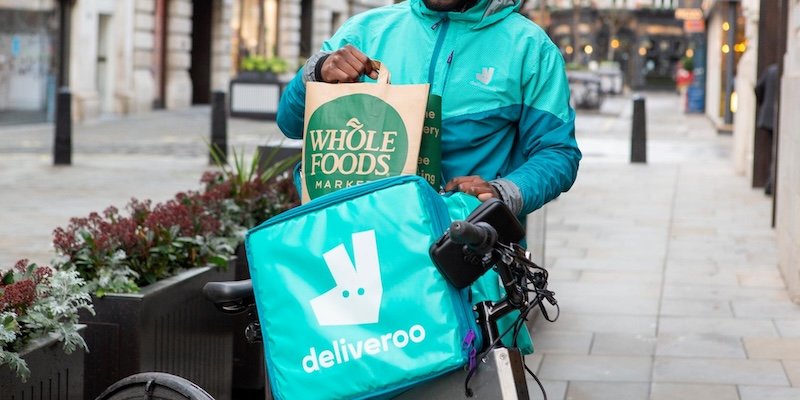

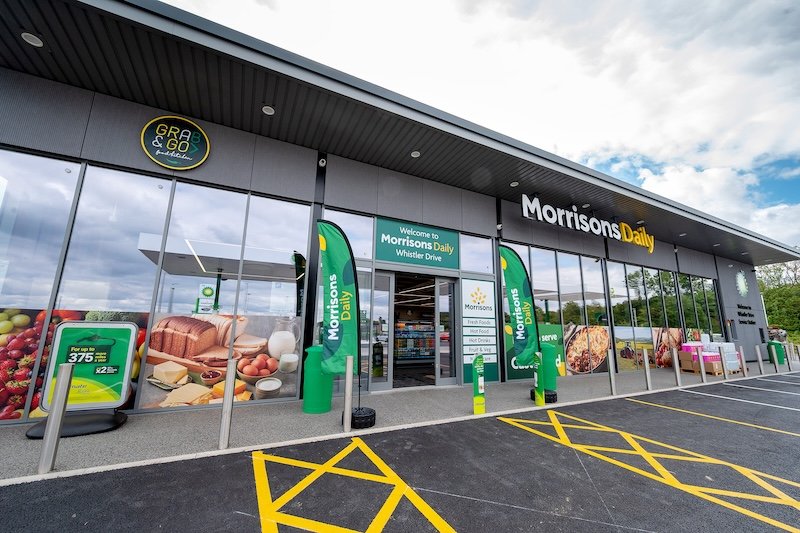
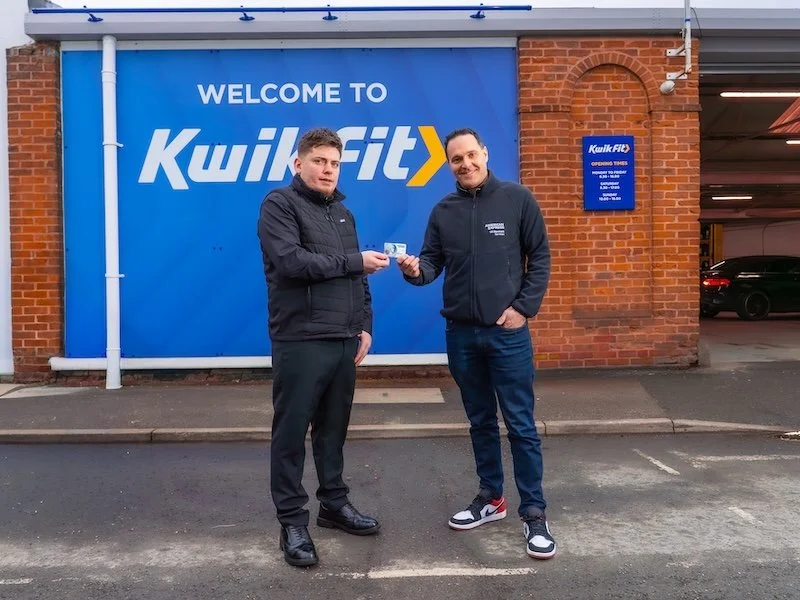





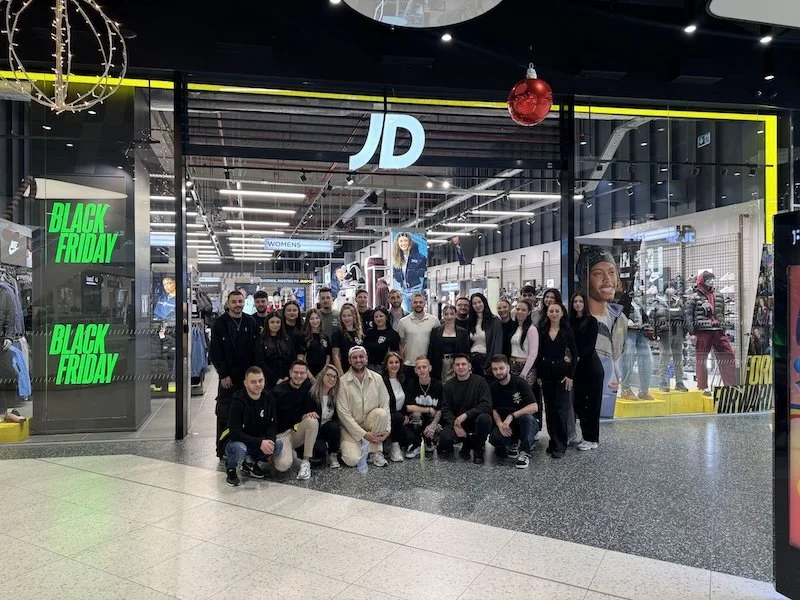

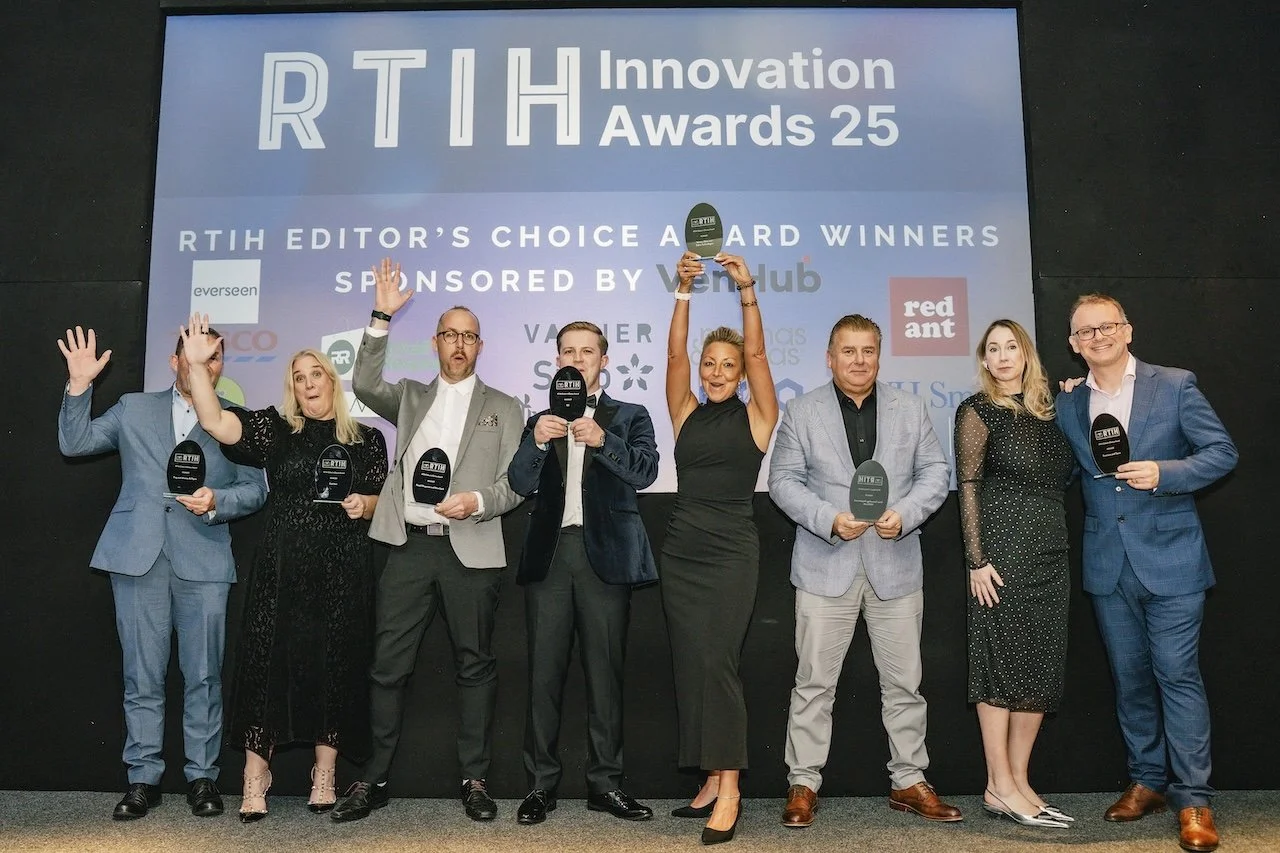

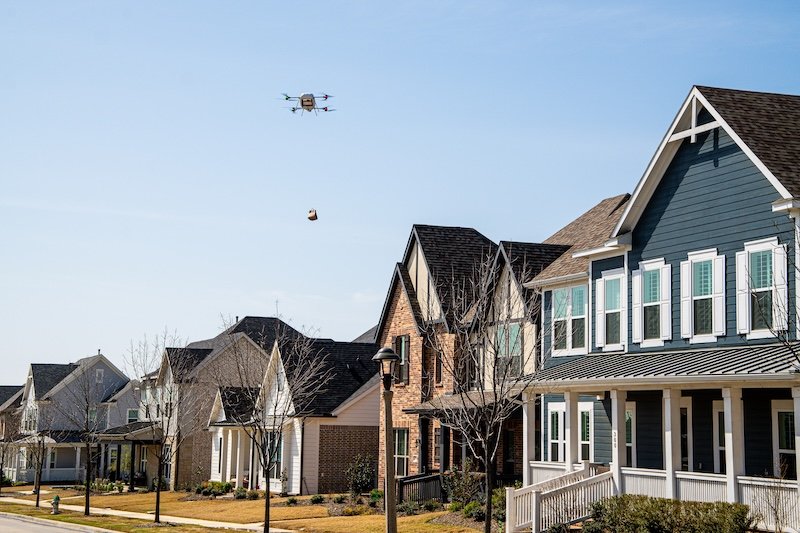

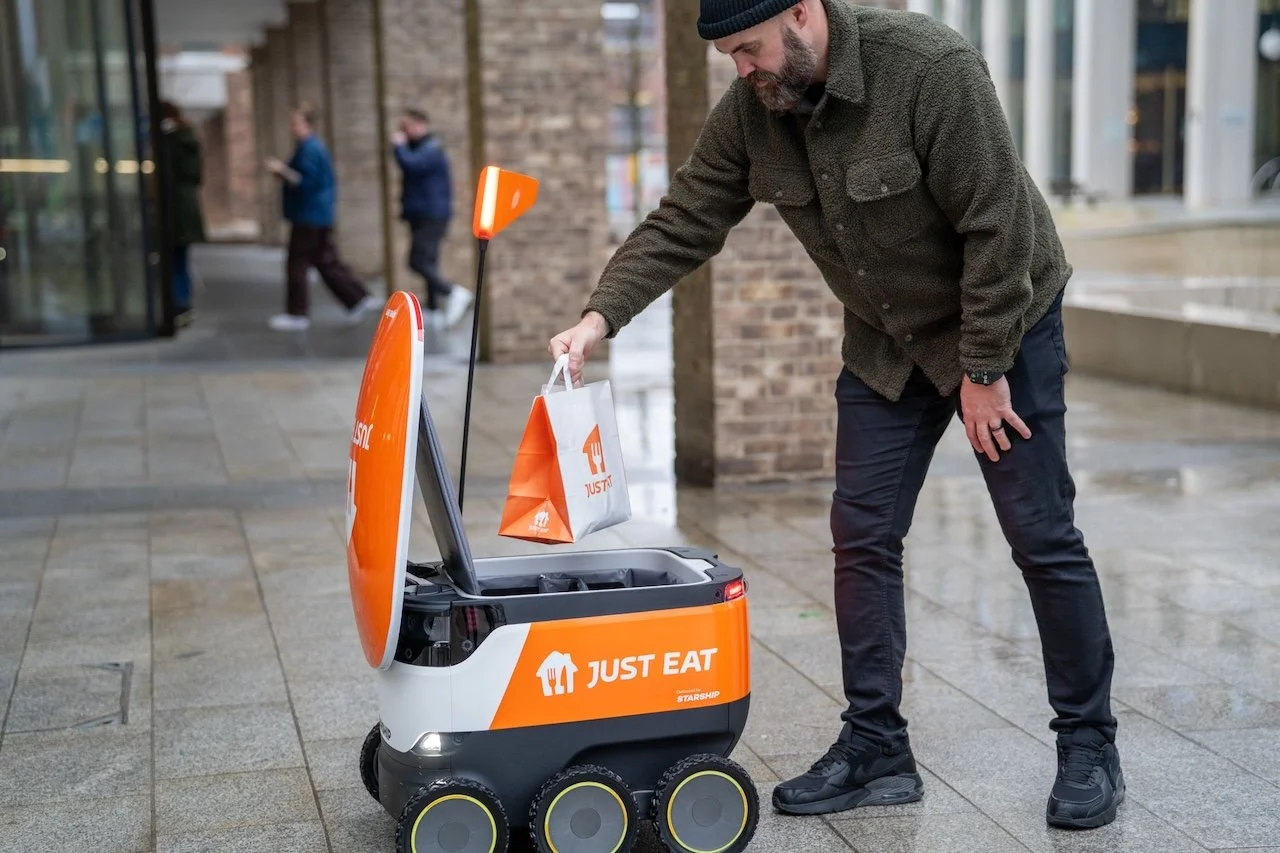




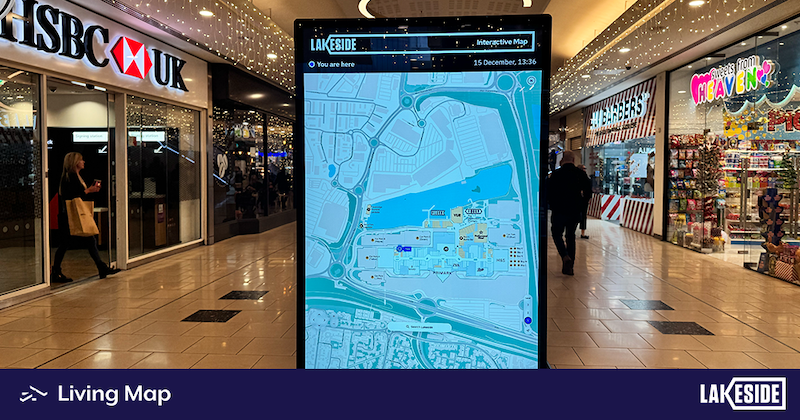

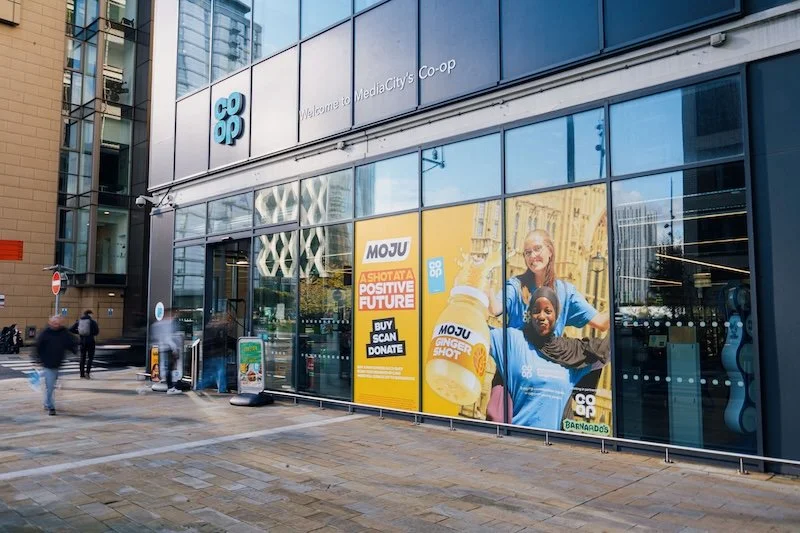
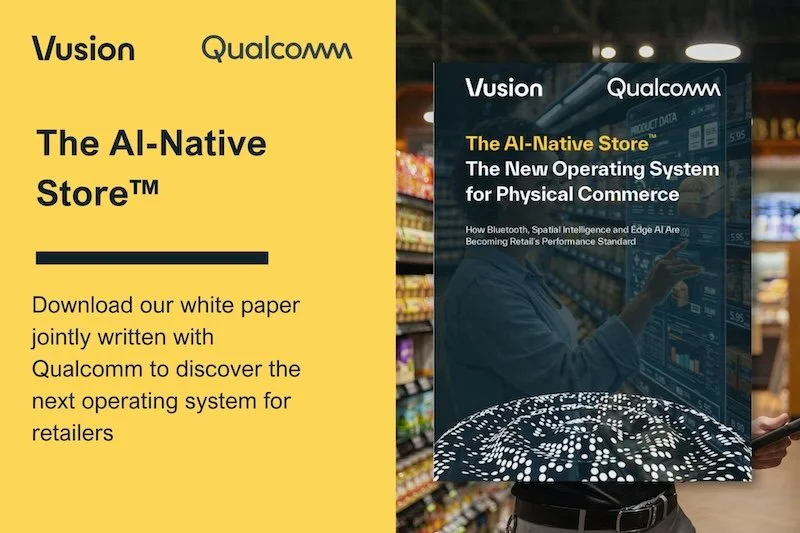
Continue reading…